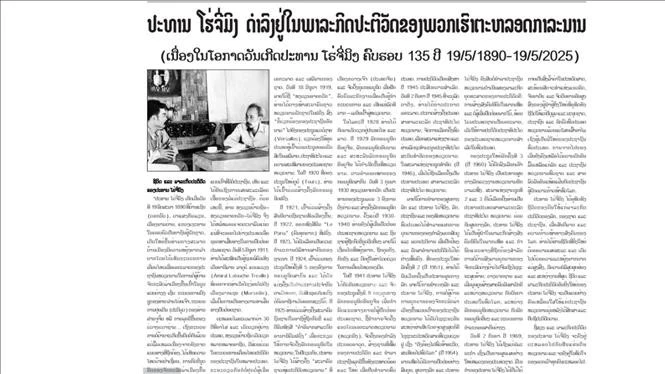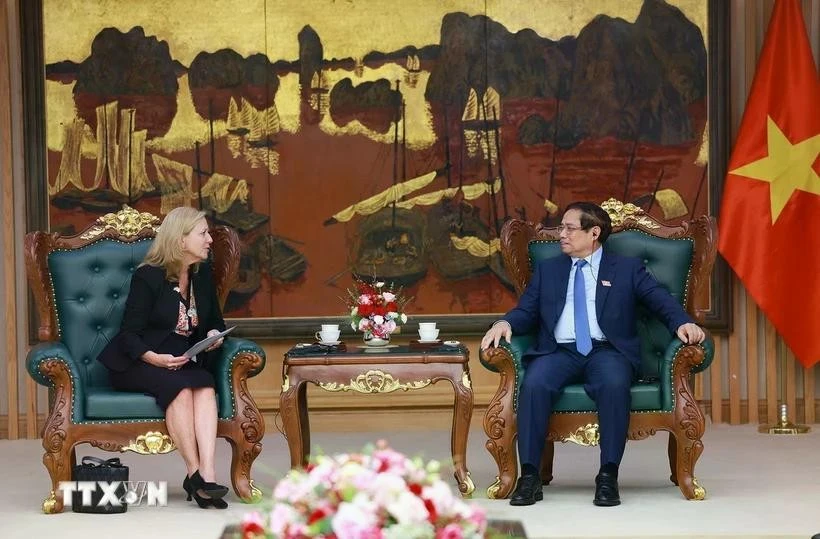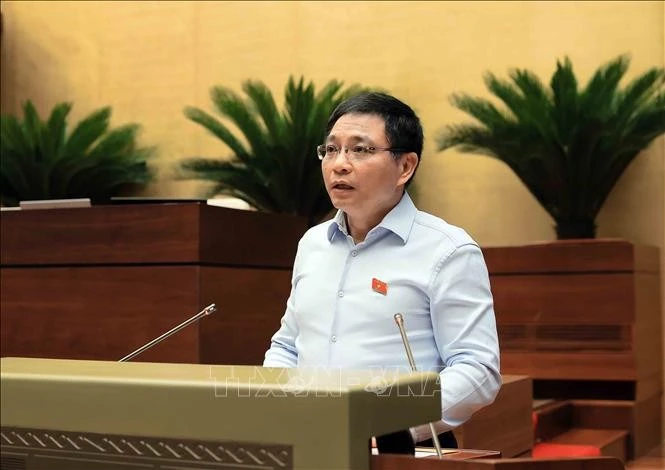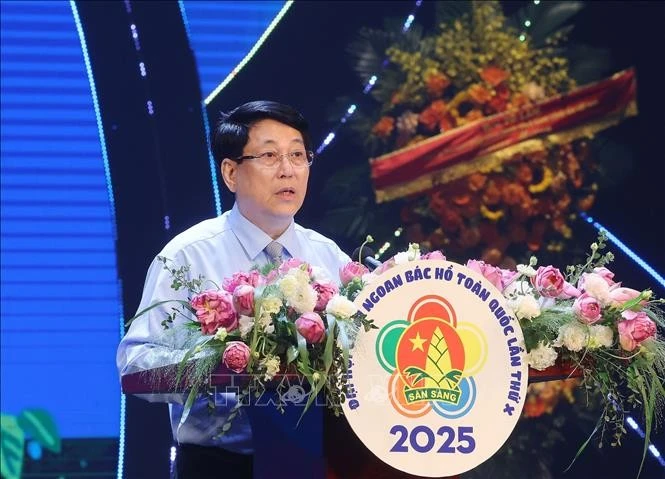Currently, the restructuring and merging of commune-level administrative units across the province are being carried out in accordance with the established roadmap. From identifying appropriate restructuring plans to addressing personnel arrangements, all levels, sectors, localities, and relevant units are implementing the process in a methodical and scientific manner, demonstrating the highest level of political determination.
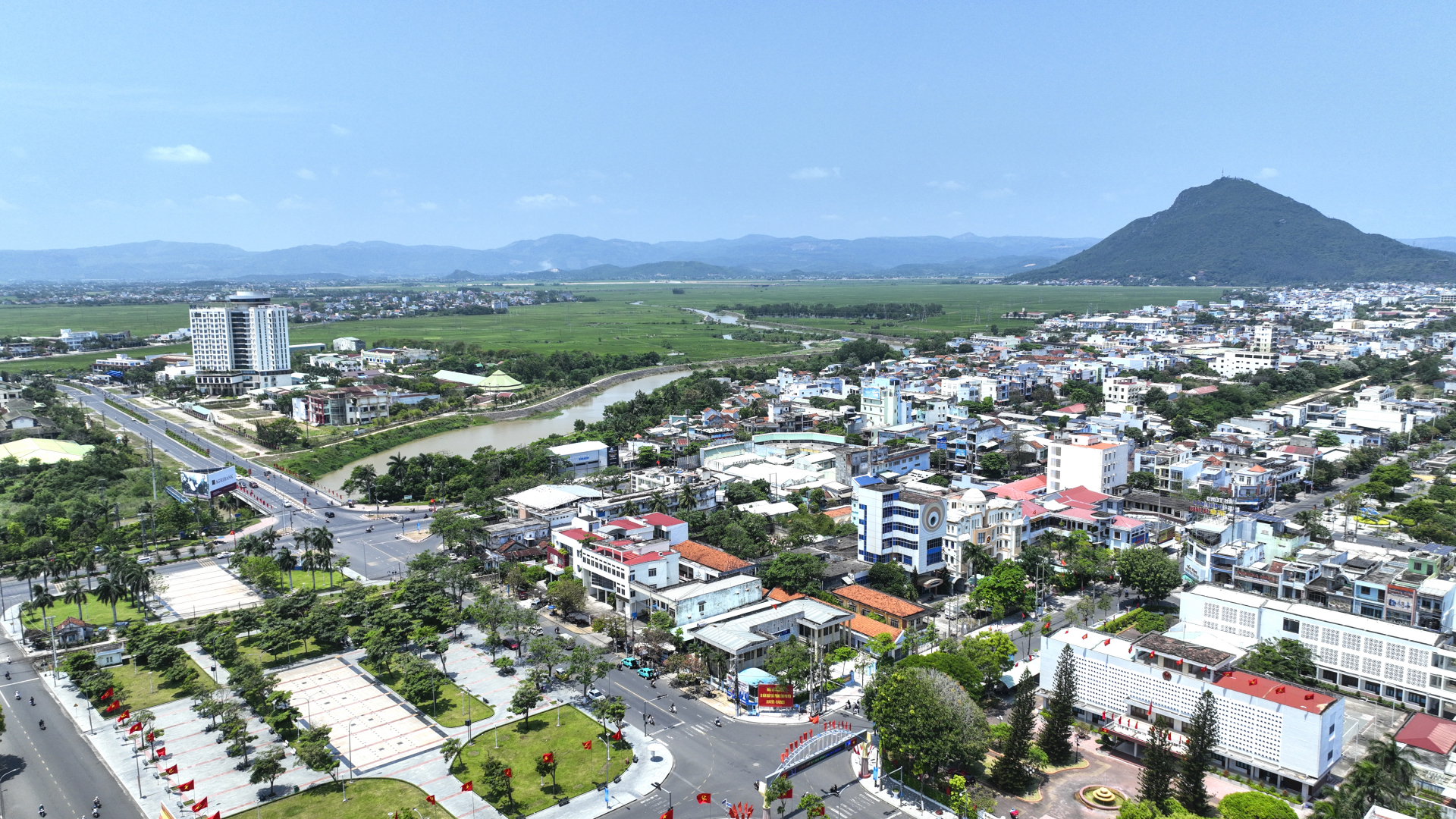 |
| 06 commune-level administrative units of Phu Yen province being reorganized to establish 34 new wards and communes (including 7 wards and 27 communes), resulting in a reduction of 72 commune-level administrative units compared to the current number |
In Resolutions No. 125/NQ-CP and 126/NQ-CP dated May 9, 2025, the Government approved the proposal for restructuring provincial-level administrative units in 2025 and endorsed 34 proposals for restructuring commune-level administrative units submitted by the Ministry of Home Affairs. Accordingly, 106 commune-level administrative units in Phu Yen Province will be reorganized to establish 34 new wards and communes (including 7 wards and 27 communes), resulting in a reduction of 72 commune-level units - equivalent to a 67.92% decrease; simultaneously, the Government also approved the proposed names of the new wards and communes as submitted by Phu Yen Province.
The Standing Committee of the Provincial Party Committee has established 9 working groups to oversee the restructuring of commune-level administrative units. These working groups, along with relevant departments, agencies, units, and localities across the province, are actively focusing on leading, directing, and effectively implementing assigned tasks in compliance with regulations and according to the set timeline; ensuring that the organizational structure of the newly established wards and communes operates smoothly, efficiently, and effectively remaining close to the people and serving them in the best possible manner. In particular, the development of personnel plans at the commune level is being carried out urgently yet cautiously, in strict accordance with the regulations of the Party and the laws of the State.
Comrade Bui Thanh Toan, Member of the Provincial Party Committee’s Standing Board and Secretary of Tuy Hoa City Party Committee, member of Working Group No. 1 overseeing the restructuring of commune-level administrative units, stated: The Standing Board of the City Party Committee has established three working groups to direct the restructuring for three newly established wards, with each group consisting of 15 members led by a member of the City Party Committee’s Standing Committee. Since all three wards will undergo changes in administrative boundaries, the Standing Board of the City Party Committee has reached an agreement with the leadership of the relevant localities to fully receive the existing staff from Hoa Thanh Commune (Dông Hoa Town) and Hoa An Commune (Phu Hoa District). The working groups are coordinating with the city’s departments to thoroughly review the current number of Party members in the new wards, as well as public assets and related documentation; comprehensive review of the entire current staff of the 12 communes and wards, along with the two communes of Hoa Thanh and Hoa An, in order to categorize and reassign personnel based on qualifications and suitable positions; develop a framework of criteria for leadership and management positions; and finalize the proposed personnel plans for the three new wards to report to the Standing Board of the City Party Committee by May 25, 2025.
According to comrade Nguyen Trong Tung, Deputy Secretary of the PPC Party Committee, all localities have now developed plans for restructuring the organizational apparatus, staffing, and public service units of commune-level local governments. The PPC has directed the Department of Home Affairs to continue urging and guiding departments, agencies, and localities to finalize their commune-level organizational restructuring plans and submit them to the Department of Home Affairs by May 23, 2025, for compilation and reporting to the PPC. Regarding the archiving of documents during the process of reorganizing commune-level administrative units and the conclusion of operations at the district-level People's Committees, the PPC has assigned the Department of Home Affairs to take the lead and coordinate with relevant departments and agencies to establish task forces. These task forces will inspect and assess the actual implementation situation and provide guidance and clarification on issues arising at the district and commune-level agencies.
The reorganization of commune-level administrative units is a major policy of the Party and the State. It involves a large and complex workload that requires strong determination and great efforts from the entire political system in the province. Mr. Truong Ngoc Tuan, Director of the Department of Home Affairs, stated: "The Department will continue to monitor and urge agencies and units to complete the organizational restructuring plans following the reorganization of commune-level administrative units and the conclusion of operations at district-level People's Committees within May 2025. These plans will be submitted to the competent authorities for review and approval in June 2025, serving as the foundation for the new commune-level governments to operate after the district-level People's Committees cease operations. We are also continuing to provide guidance and oversight for the work of inventorying, sealing, and securing documents and data systems at localities and units until they are officially handed over to the Historical Archives for management."
According to comrade Cao Thi Hoa An, Secretary of the Provincial Party Committee, Chairwoman of the Provincial People’s Council, and Head of the Steering Committee for the Reorganization of Administrative Units in Phu Yen Province for 2025, local Party committees, government authorities, officials, public employees, and workers must shift their perception of commune-level governance under a two-tier administrative structure. Following the mergers, commune-level administrations will undertake tasks and exercise powers previously assigned to district-level authorities. Commune-level units will have the authority to issue legal normative documents to decide on matters within their jurisdiction and management responsibilities. The commune level will also serve as the direct implementing body for policies from the central and provincial levels, focusing on services for the people and addressing community issues to ensure the government remains closest and most responsive to the population. With the removal of district-level administration and the merging of communes, commune-level governments will be responsible for managing larger territories, more populous communities, and significantly increased workloads.
Provincial Party Secretary Cao Thi Hoa An requested that members of the working groups tasked with overseeing the reorganization of commune-level administrative units, along with local Party committees and government authorities, focus on directing and vigorously implementing the tasks outlined in the approved plan. The working groups and local Party and government bodies are urged to uphold the leadership role and accountability of key officials in carrying out the restructuring and reorganization of administrative units at all levels, while also establishing an two-tier local government model.
"Working groups responsible for overseeing the reorganization of commune-level administrative units, along with local Party committees and government authorities, must direct the restructuring and streamlining of the organizational apparatus; the arrangement of personnel, civil servants, public employees, and workers; in close conjunction with the restructuring and improvement of the quality of the staff at the commune level. It is essential to ensure that, after the reorganization, commune-level governments remain stable and operate smoothly, with no legal gaps or disruptions in the operations of any agency or unit within the local government system", emphasized Comrade Cao Thi Hoa An.



